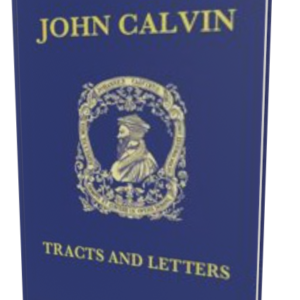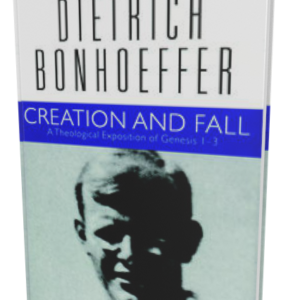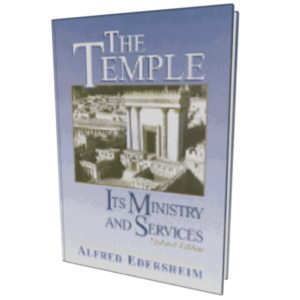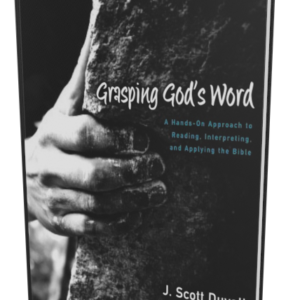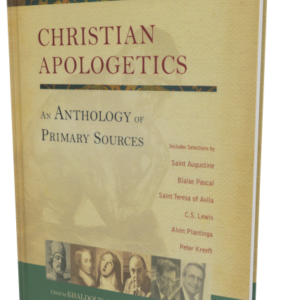Select Works of Richard Baxter
Puritan divine Richard Baxter (1615-1691) was a prominent English churchman of the 1600s. He was a peacemaker who sought unity among Protestants, and yet he was a highly independent thinker and at the center of every major controversy in England during his lifetime. This module contains four of his writings.
Saints’ Everlasting Rest (Abridged by Benjamin Fawcett, 1758; Originally written 1650) – While suffering from a critical illness, Richard Baxter set his thoughts on heaven: Who is it for? What is it like? How can we prepare for it? Baxter defines eternal heavenly rest as the happiest state a Christian can experience. Baxter believed that heaven was a state of perfect freedom from evil where Christians can enjoy pure, unmediated union with God. The Saints’ Everlasting Rest has long been recognized as one of the great classics of Christian devotion, and it is by this book that he is best known. The original work consists of some eight hundred thousand words-a clear example of Baxter’s prolific pen-yet in Baxter’s own life-time it reached twelve editions! First abridged in 1754 by John Wesley, in the Christian Library, five years later another abridgement was made by Benjamin Fawcett.
Reformed Pastor (Abridged by William Brown, 1829; Originally written 1655) – What does it mean to be a pastor? In his autobiography, The Reformed Pastor, 17th century nonconformist pastor Richard Baxter shares his own experiences to encourage other pastors in their vocation. The pastor’s work is to glorify God and share the truth of His faithful ways. Pastors are called to obey God’s commandments and seek His knowledge so that they may grow in His love. Baxter discusses the many facets of the pastorate: the nature of the work to be done, the difficulties faced by those who are called to do it, and the benefits reaped by those who do this work with God as their guide. In hope of inspiring others, Baxter graciously shares what he has learned about the pastoral responsibilities to God, to congregation, and to self.
Call to the Unconverted to TURN and LIVE (Printed for Wilson, Spence, and Mawman, 1795; Originally written 1657) – “I published a short treatise on conversion, entitled, A Call to the Unconverted. The occasion of this was my converse with bishop Usher, while I was at London, who, approving my method and directions suited for peace of conscience, was importunate with me to write directions suited to the various states of Christians, and also against particular sins: I reverenced the man, but disregarded these persuasions, supposing I could do nothing but what is done better already: but when he was dead, his words went deeper to my mind, and I purposed to obey his counsel; yet, so as that to the first sort of men, (the ungodly), I thought vehement persuasions meeter than directions only; and so for such I published this little book, which God hath blessed with unexpected success, beyond all the rest that I have written, except ‘The Saint’s Rest.’”
Causes and Dangers of Slighting Christ and His Gospel (Abridged by Benjamin Fawcett, 1763; Originally written in 1655) – Baxter writes, “It is the slighting of Christ and Salvation, that undoes the World.” This writing is an appeal to the unsaved to not ignore Christ’s salvation. Chapters include: What it is to make light of Christ; Thy Christ is made so light of; Considerations to awaken those who make light of Christ; Considerations to reform those who make light of Christ; Directions for those who desire to make light of Christ no more.
Select works of Richard Baxter
• Author: Richard Baxter
• Text of the 1758 version published by American Tract Society
Where to Find
Select Works of Richard Baxter is included with the following packages
| Category | Code | Title | Price |
|---|---|---|---|
| English Studies | CL2-7 | Classic II Group on Library 7 | 49.00 |
| English Studies | CL2-8 | Classic II Group | 39.90 |
Reviews
There are no reviews yet.
Only logged in customers who have purchased this product may leave a review.




